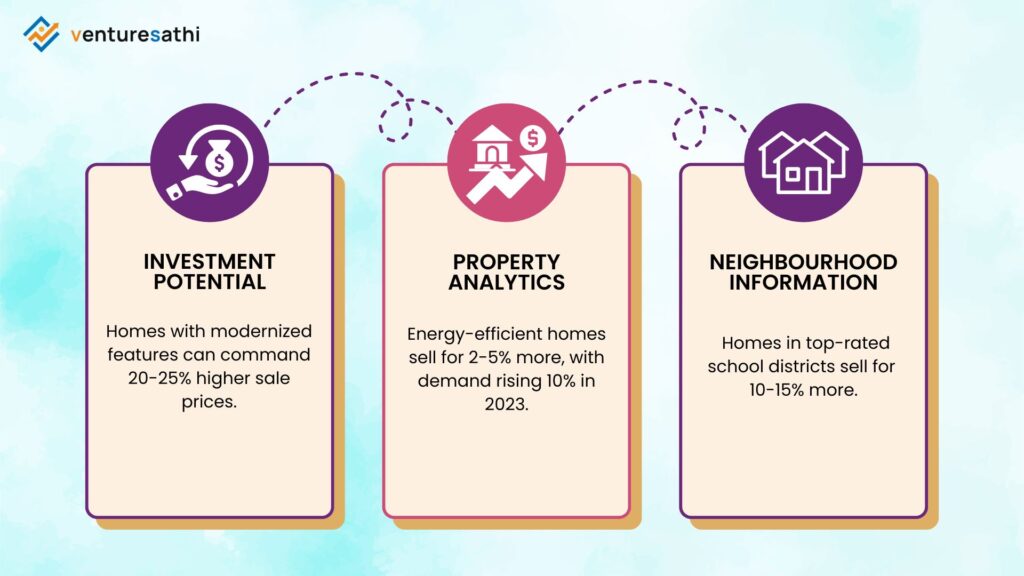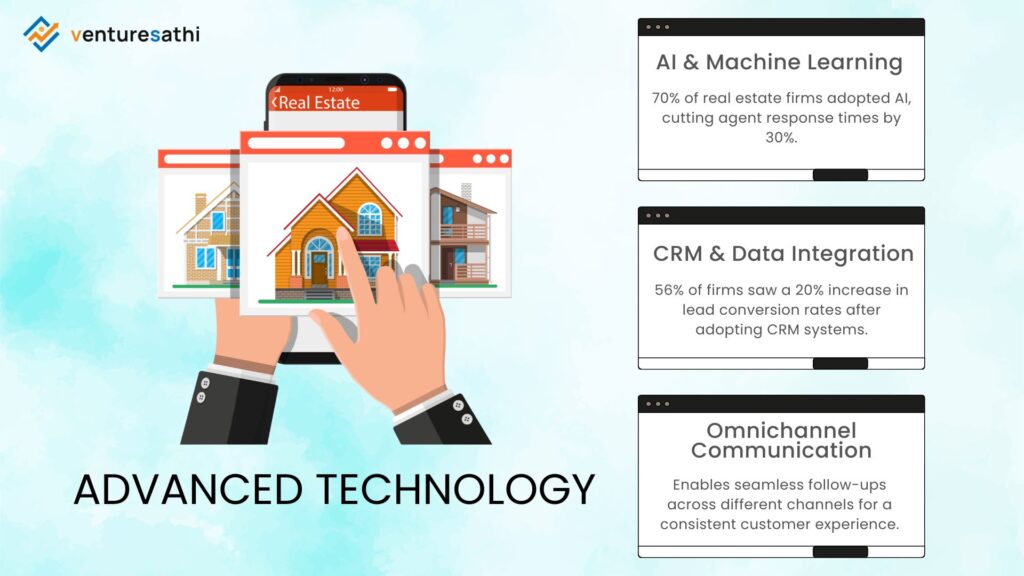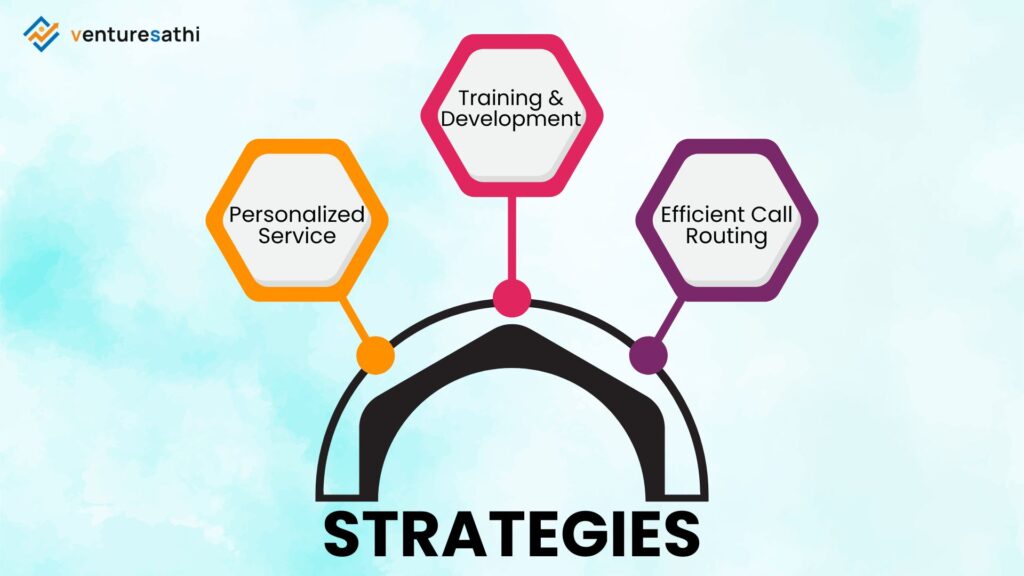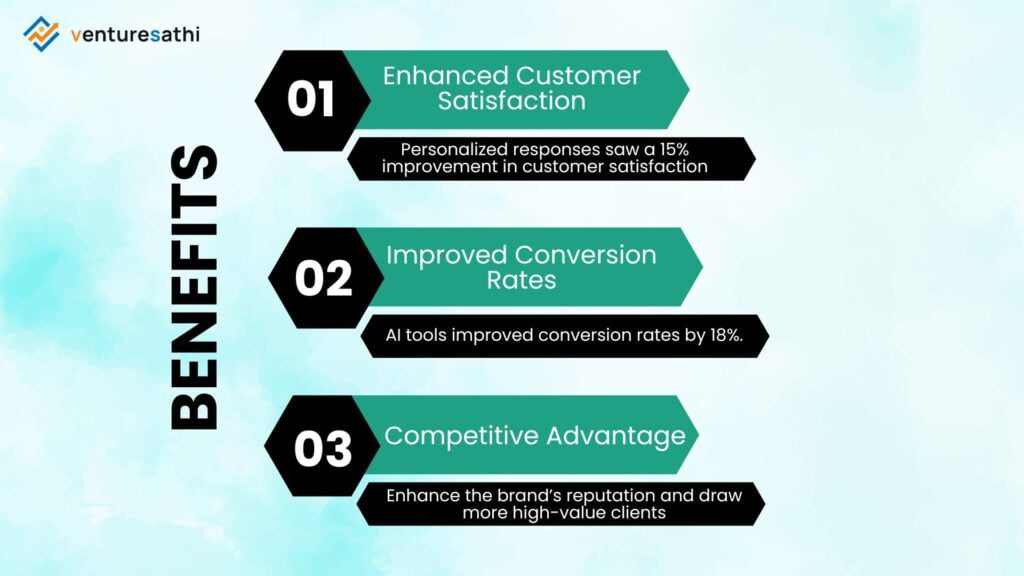The real estate market is evolving rapidly, with increasingly sophisticated inquiries from buyers and sellers. From inquiries about investment potential to questions about neighbourhood dynamics and property analytics, consumers now expect detailed, data-driven responses. This poses both a challenge and an opportunity for real estate businesses to stand out by delivering exceptional service.
Contact centers play a pivotal role in responding to these complex inquiries, acting as the frontline in customer engagement. This blog explores how real estate contact centers are adapting to these demands and leveraging advanced technologies to offer superior, timely support, ensuring competitiveness in today’s dynamic market.
The Evolving Landscape of Real Estate Inquiries

As the real estate market becomes more sophisticated, so do inquiries from potential buyers and sellers. Gone are the days when a simple question about property availability would suffice. Now, consumers seek in-depth information about:
Investment Potential: Clients want to know about long-term value, market appreciation, and return on investment (ROI) based on historical data and trends.
Property Analytics: They expect a detailed analysis of the property, including construction quality, recent upgrades, and energy efficiency ratings.
According to Freddie Mac, energy-efficient homes sell for 2-5% more, with demand rising 10% in 2023. Additionally, homes with modernized features can command 20-25% higher sale prices, as noted by the Harvard Joint Center for Housing Studies.
Neighbourhood Information: Buyers are increasingly concerned with factors like crime rates, school ratings, and proximity to amenities. According to a 2023 Realtor report, homes in top-rated school districts sell for 10-15% more.
With these more complex inquiries, real estate contact centers must adapt to provide relevant and timely information. They no longer function as simple message relays; they are now key players in helping potential clients make informed decisions.
Advanced Technologies Enhancing Real Estate Contact Centers

To manage the growing complexity of inquiries, real estate contact centers are integrating advanced technologies such as AI, machine learning, and CRM systems.
AI and Machine Learning:
Real-Time Agent Assist tools are now indispensable. These tools empower agents by providing immediate access to relevant data and suggested responses during live calls.
AI tools can provide pricing or legal information during live conversations. In 2023, 70% of real estate firms adopted AI, cutting agent response times by 30%, according to Gartner.
Predictive Analytics tools analyze historical data to anticipate future client needs. By understanding patterns in customer behavior and preferences, contact centers can offer proactive advice on market trends, upcoming opportunities, and personalized investment strategies.
CRM and Data Integration:
Integrated Customer Relationship Management (CRM) systems enable agents to track past interactions, preferences, and detailed property interests. This creates a seamless customer experience by allowing agents to provide personalized advice without needing the customer to repeat their inquiries. A Salesforce report indicated that 56% of firms saw a 20% increase in lead conversion rates after adopting CRM systems.
Omnichannel Communication:
Real estate customers engage across multiple platforms—email, text, social media, and online chat. An omnichannel approach ensures that inquiries made via one channel can be followed up on seamlessly through another, providing a consistent and personalized customer experience.
These tools allow contact centers to respond faster, more accurately, and in a more personalized manner.
Explore the latest technologies driving success in commercial real estate. Read the full article here.
Strategies for Handling Sophisticated Inquiries

To manage the intricacies of modern inquiries, real estate contact centers employ several key strategies:
Personalized Service:
Using data-driven insights, contact centers can tailor their responses to the unique needs of each client. Agents can reference detailed client data, from their previous property searches to their investment goals, to provide targeted, relevant advice. This fosters a deeper connection with the client and builds trust.
Training and Development:
To handle complex inquiries, agents need continuous, advanced training. Scenario-based training programs prepare agents for real-world situations, such as explaining legalities, handling objections, or providing insights into emerging market trends.
For instance, agents can practice responding to inquiries about potential rental income or the tax benefits of certain properties, ensuring they are well-prepared for sophisticated client questions.
Efficient Call Routing:
Implementing Interactive Voice Response (IVR) systems allows centers to efficiently route calls to the most qualified agents. When a caller has an investment-specific question, IVR can ensure they are connected with a financial expert within the contact center. This reduces wait times and enhances the overall service experience.
Additionally, advanced IVR systems can provide self-service options for simpler inquiries, freeing up agents to focus on complex ones.
Benefits of Sophisticated Inquiry Handling for Real Estate Contact Centers

Adapting to handle sophisticated inquiries isn’t just a necessity—it also provides clear advantages for real estate contact centers:
Enhanced Customer Satisfaction:
Clients who feel their inquiries are handled professionally and with expertise are more likely to have a positive experience. Personalized responses foster customer loyalty and satisfaction, turning inquiries into lasting relationships. According to a Zendesk survey, centers that provided data-driven, personalized responses saw a 15% improvement in customer satisfaction, with a subsequent 12% increase in repeat business.
Improved Conversion Rates:
By addressing complex inquiries efficiently, contact centers can directly improve sales conversion rates. Buyers are more likely to move forward when they receive clear, insightful answers to their questions, helping speed up decision-making. A Contact Babel study shows that contact centers equipped with predictive analytics and AI tools improved conversion rates by 18%.
Competitive Advantage:
Contact centers that excel at handling sophisticated inquiries stand out from competitors. This capability positions them as trusted advisors, enhancing the brand’s reputation and drawing more high-value clients.
Learn how outsourcing back-office tasks can streamline operations for property management firms. Find out more here.
EndNote
The ability to handle sophisticated inquiries is no longer a luxury for real estate contact centers—it is essential for survival in today’s competitive market. By leveraging advanced technologies such as AI, CRM systems, and predictive analytics, and by employing well-structured strategies like personalized service and ongoing training, contact centers can significantly enhance customer satisfaction and improve conversion rates.
Real estate businesses must evaluate their current contact center capabilities and consider adopting these advanced solutions to stay ahead. For expert advice or a consultation on how to elevate your contact center operations, feel free to reach out to us.


